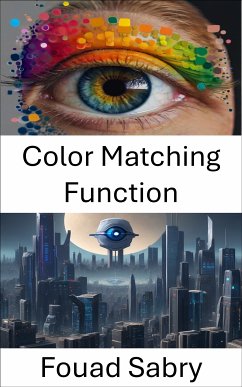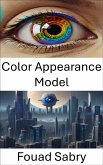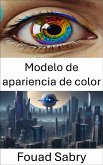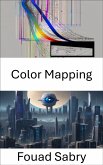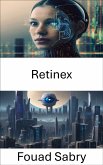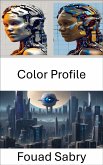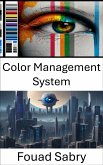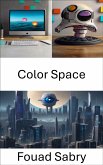What is Color Matching Function
The color spaces designated by the CIE in 1931 are the first quantitative relationships that have been delineated between the distributions of wavelengths in the electromagnetic visible spectrum and the colors that are physiologically seen by humans in their color vision. When it comes to color management, the mathematical relationships that define these color spaces are key tools. This is especially true when working with color inks, lighted displays, and recording devices like digital cameras. In 1931, the "Commission Internationale de l'éclairage," which is translated into English as the International Commission on Illumination, was the organization that was responsible for designing the system.
How you will benefit
(I) Insights, and validations about the following topics:
Chapter 1: CIE 1931 color space
Chapter 2: Luminous efficiency function
Chapter 3: Color balance
Chapter 4: Planckian locus
Chapter 5: Standard Reference Method
Chapter 6: Relative luminance
Chapter 7: CIECAM02
Chapter 8: Standard illuminant
Chapter 9: CIE 1960 color space
Chapter 10: OSA-UCS
(II) Answering the public top questions about color matching function.
(III) Real world examples for the usage of color matching function in many fields.
Who this book is for
Professionals, undergraduate and graduate students, enthusiasts, hobbyists, and those who want to go beyond basic knowledge or information for any kind of Color Matching Function.
The color spaces designated by the CIE in 1931 are the first quantitative relationships that have been delineated between the distributions of wavelengths in the electromagnetic visible spectrum and the colors that are physiologically seen by humans in their color vision. When it comes to color management, the mathematical relationships that define these color spaces are key tools. This is especially true when working with color inks, lighted displays, and recording devices like digital cameras. In 1931, the "Commission Internationale de l'éclairage," which is translated into English as the International Commission on Illumination, was the organization that was responsible for designing the system.
How you will benefit
(I) Insights, and validations about the following topics:
Chapter 1: CIE 1931 color space
Chapter 2: Luminous efficiency function
Chapter 3: Color balance
Chapter 4: Planckian locus
Chapter 5: Standard Reference Method
Chapter 6: Relative luminance
Chapter 7: CIECAM02
Chapter 8: Standard illuminant
Chapter 9: CIE 1960 color space
Chapter 10: OSA-UCS
(II) Answering the public top questions about color matching function.
(III) Real world examples for the usage of color matching function in many fields.
Who this book is for
Professionals, undergraduate and graduate students, enthusiasts, hobbyists, and those who want to go beyond basic knowledge or information for any kind of Color Matching Function.
Dieser Download kann aus rechtlichen Gründen nur mit Rechnungsadresse in A, B, BG, CY, CZ, D, DK, EW, E, FIN, F, GR, H, IRL, I, LT, L, LR, M, NL, PL, P, R, S, SLO, SK ausgeliefert werden.

